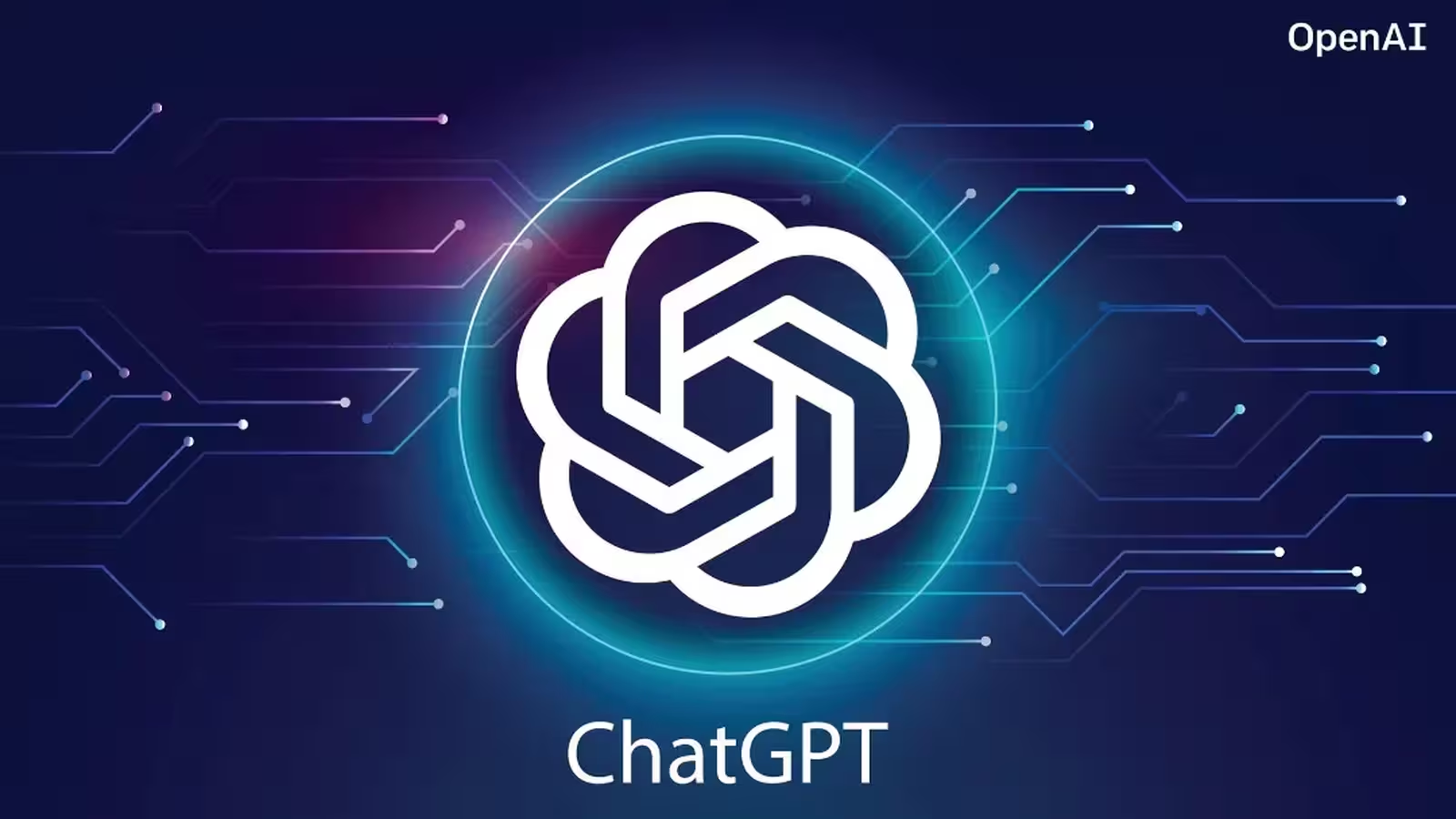3 Minutes
OpenAI’s Monetization Playbook: Subscriptions First, Ads Not Ruled Out
OpenAI says it remains committed to a subscription-led strategy that has driven strong revenue growth, but executives are keeping alternative monetization tools on the table. The company expects roughly $12.7 billion in revenue this year—more than triple the $3.7 billion reported for 2024—yet still operates at a net loss and does not anticipate positive cash flow before 2029. That backdrop helps explain why OpenAI is exploring a range of revenue streams, from premium subscriptions to commerce integrations and potentially ads.
Scale and Conversion Opportunity
ChatGPT recently crossed the 700 million total-user mark, and as of April it counted about 20 million paid subscribers. According to Turley, most platform users remain on the free tier, which presents a sizable funnel for upselling premium tiers, enterprise plans, and value-added features. The freemium base provides both scale for data-driven improvements in machine learning and a large audience that could be monetized responsibly.
Commerce in ChatGPT: Product Recommendations and Affiliate-Free Selection
OpenAI is piloting a feature dubbed “Commerce in ChatGPT” that would enable product recommendations inside the chat experience. The model could earn a commission on purchases, but company spokespeople stress they plan to keep recommendation logic independent from affiliate incentives—aiming to preserve trust and recommendation quality.
Product Features
- In-chat product discovery and recommendations
- Integration with payment or partner platforms to facilitate purchases
- Controls to prevent affiliate bias in AI-generated suggestions
Comparisons and Advantages
Compared with ad-supported consumer apps, a subscription-first model reduces reliance on advertising and preserves a cleaner user experience. Commerce integrations offer a middle ground—combining monetization with utility—while targeted ads could remain a last resort if they can be implemented without degrading AI quality or user trust.
Leadership Views: Ads, Ethics, and Product Evolution
CEO Sam Altman has voiced unease about mixing ads with generative AI, calling it a last-resort option at a Harvard Business School event, though he recently said he isn’t entirely opposed to responsible ad formats. Turley also signaled that ChatGPT’s roadmap could extend beyond a chatbot: deeper productivity tools, business integrations, and enterprise workflows may justify differentiated pricing and monetization structures.
Use Cases and Market Relevance
Potential use cases for commerce and premium features include personalized shopping assistants, integrated business analytics, CRM plug-ins, and developer APIs for e-commerce automation. For enterprises, integrated AI assistants can streamline workflows, reduce manual research, and improve decision-making—cementing ChatGPT’s role as a productivity platform rather than a standalone chat widget.
Industry Context and Related Developments
Meanwhile, industry pressure continues: one insider downplayed August launch hype around DeepSeek-R2 amid growing expectations for breakthroughs, and Huawei’s AI UCM technology is being touted as a way to mitigate chip-sanction impacts and boost performance—highlighting how global AI competition and supply-chain constraints are shaping strategic choices across the sector.
As OpenAI balances user trust, product utility, and financial sustainability, expect a careful rollout of commerce features and conservative experiments with advertising—always with an eye on preserving recommendation integrity and long-term platform value.
Source: gizmochina


Leave a Comment